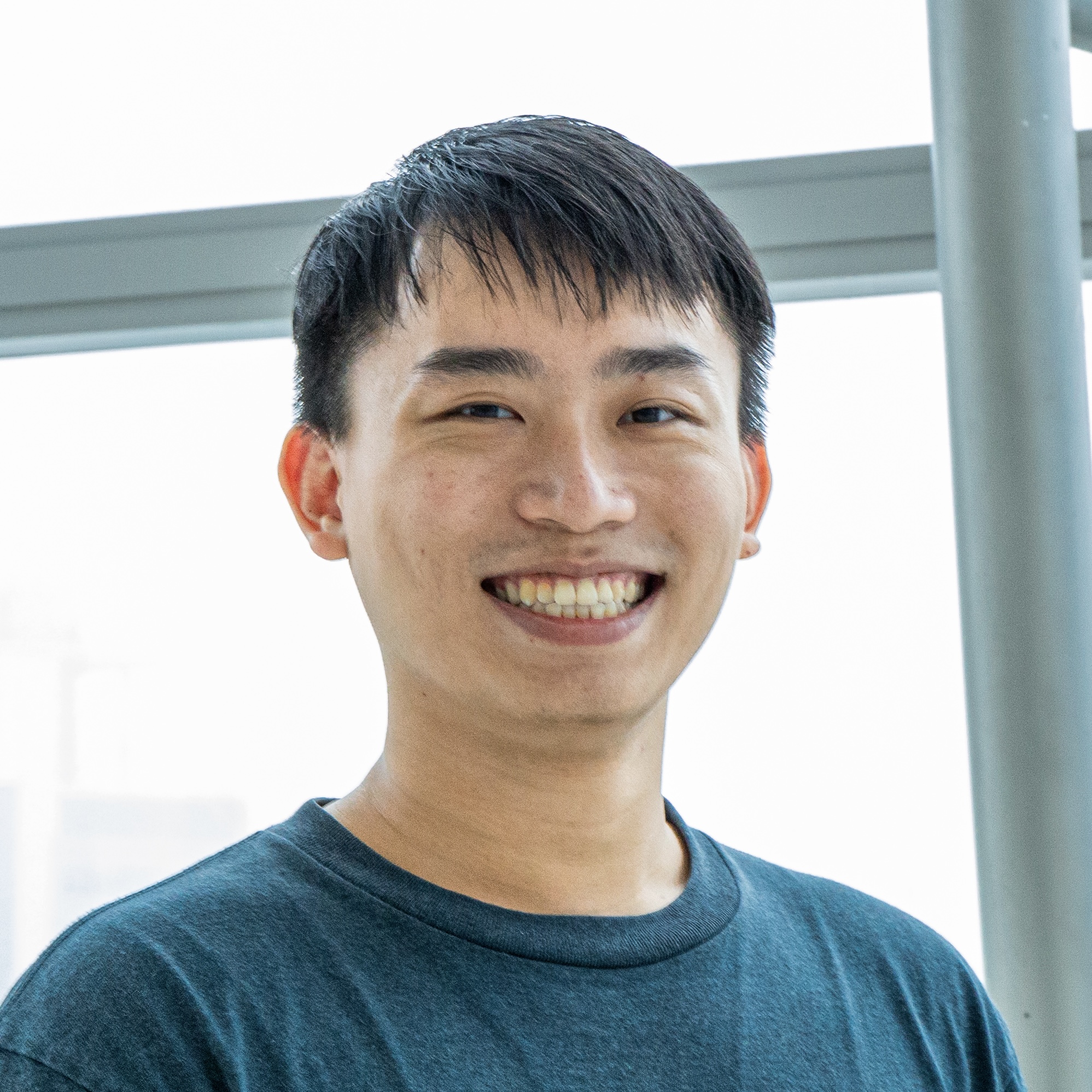
LEONG Kim Whye
Research Fellow, Mechanobiology Institute, National University of Singapore
kw.leong@nus.edu.sg
Level 10 T-Lab
National University of Singapore
5A Engineering Drive 1
Singapore 117411
Leong Kim Whye
Research Fellow
Principal Investigator
Qualifications:
- PhD
- MRes in Molecular Biophysics for Medical Sciences (Concurrent degree programme) (2018-2019)
- BSc (Hons) in Life Sciences with specialisation in Molecular and Cell biology (2015-2018)
Biography:
Leong Kim Whye brings a strong foundation in life sciences and molecular biophysics, earned through his Bachelor’s degree (BSc(Hons)) from the National University of Singapore and Master’s degree (MRes) from King’s College London. During his PhD training at the Mechanobiology Institute under Prof. Hanry Yu, he developed an in vitro bile duct model using both primary and induced pluripotent stem cells (iPSCs) to elucidate key morphogenetic events during development and translated these insights into a deeper understanding of disease mechanisms such as in non-alcoholic fatty liver disease (NAFLD). His work demonstrates a proficiency in advanced model development and a commitment to bridging fundamental research with clinical applications.
Research interest:
His overarching interest lies in integrating biological principles with concepts in physics to unravel mechanisms governing tissue morphogenesis and self-organisation. Currently, under the guidance of Asst. Prof. Chii Jou Chan, he employs advanced 3D microscopy and quantitative image analysis to investigate the process of lumen formation during antral follicle development. Looking ahead, he aspires to delve into tissue-level synthetic developmental biology, leveraging programmable organoids to deepen the understanding of development and disease. Ultimately, he envisions leading a research lab that seamlessly integrates rigorous academic inquiry with commercialization, translating scientific discoveries into impactful applications.
Technical Skills:
- Advanced microscopy and quantification
- Cell and tissue culture
- iPSC culture
- Molecular biology
- Microfabrication
Selected Publications:
- Turley, J., Leong, K. W., & Chan, C. J. (2024). Novel imaging and biophysical approaches to study tissue hydraulics in mammalian folliculogenesis. Biophysical Reviews, 16(5), 625-637. https://doi.org/10.1007/s12551-024-01231-4
- Rüdiger, D., Kiderlen, S., Leong, K. W., Nössner, E., & Götzfried, M. (2023). Selektive und ortsaufgelöste Zellanbindung mit μ-PatternibiTreat. BIOspektrum, 29(4), 391-393. https://doi.org/10.1007/s12268-023-1959-y
- Zhu, B., Finch-Edmondson, M., Leong, K. W., Zhang, X., V, M., Lin, Q. X. X., … & DasGupta, R. (2021). LncRNA SFTA1P mediates positive feedback regulation of the Hippo-YAP/TAZ signaling pathway in non-small cell lung cancer. Cell death discovery, 7(1), 369. https://doi.org/10.1038/s41420-021-00761-0
- Zhang, Z., Leong, K. W., Vliet, K. V., Barbastathis, G., & Ravasio, A. (2021). Deep learning for label-free nuclei detection from implicit phase information of mesenchymal stem cells. Biomedical Optics Express, 12(3), 1683-1706. https://doi.org/10.1364/boe.420266
Recent Publications
- Biswas A, Lou Y, Ng BH, Tomida K, Darpe S, Leong KW, Wu Z, Lu TB, Teng X, Toyama Y, Bonne I, and Chan CJ. Surface mechanics and compressive stress impact mammalian follicle development. Nat Commun 2025; 16(1):9578. [PMID: 41173887]
- Turley J, Leong KW, and Chan CJ. Novel imaging and biophysical approaches to study tissue hydraulics in mammalian folliculogenesis. Biophys Rev 2024; 16(5):625-637. [PMID: 39618785]
- Zhu B, Finch-Edmondson M, Leong KW, Zhang X, V M, Lin QXX, Lee Y, Ng WT, Guo H, Wan Y, Sudol M, and DasGupta R. LncRNA SFTA1P mediates positive feedback regulation of the Hippo-YAP/TAZ signaling pathway in non-small cell lung cancer. Cell Death Discov 2021; 7(1):369. [PMID: 34845189]
- Zeng Y, Wong ST, Teo SK, Leong KW, Chiam K, and Yim EKF. Human mesenchymal stem cell basal membrane bending on gratings is dependent on both grating width and curvature. Sci Rep 2018; 8(1):6444. [PMID: 29691432]
Other Professional Involvement
- MBI Postdoc Committee – Co-chair
- Nucleate Singapore – Director of Communications (2023-2024)


